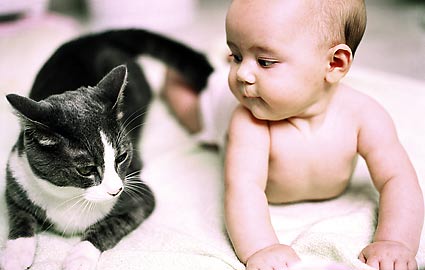Forbes Magazine online recently published a story featured by Pet Sitters International News titled “Why Are So Many Millennials Opting For Pets, Not Parenthood?” The article, written by Forbes contributor and BrokeMillennial.com founder Erin Lowry, explores possible answers to this question.
It is not surprising millennials are adopting more pets than baby-boomers when one considers present trends that indicate that millennials tend to delay traditional life milestones including marriage and home-buying. According to research firm GfK, 35% of millennials adopt pets as opposed to 32% of baby-boomers and whereas 57% of millennial households own a dog, the same can be said for only 51% of all households in the United States. It also seems the ever growing anthropomorphic behaviors we exhibit towards our pets is leading us to treat them more like surrogate children. So why are millennials choosing pets over parenthood? Money, freedom and practice.
Money
Pets are expensive. Searching Google for the average costs associated with raising a dog reveals numerous pricing statistics including those from the ASPCA and American Kennel Club with an approximate range of $1500 – $3500. The author writes that she has already spent more than $5000 on her dog, although she admits he is spoiled, fed expensive dog food and did have an unexpected surgery. There is no doubt that caring for our furry children even in the most economical ways is expensive, especially over the life of a pet. But compared to the cost of raising a child?
According to a USDA report in 2013, the average annual cost for a middle-income two-parent family to raise a child was $12,800 – $14,970 depending on the child’s age. The cost of raising a child to age 18 in the urban Northeast is nearly $283,000. This excludes the cost of healthcare associated with the pregnancy and delivery as well as the cost of income lost from unpaid maternity/paternity leave. There are also costs associated with childcare ranging from ($720 – $2230 per month) contingent upon the type of care requested. Although the use of services like kenneling, doggie day care or professional pet sitting certainly increases the cost of pet ownership, the cost compared to childcare is ordinarily not as high.
Freedom
Most pets need a lot of love and attention. This is especially true of dogs. A human child however, requires constant monitoring. The amount of attention a child requires is far more extensive than even a multiple pet household. Moreover, viable options exist relative to pet care that would be immoral and illegal to practice with a child. Most pets on the other hand, allow for nights out without the time and cost of hiring a babysitter.
Parenting Practice
Raising a cat or dog can help committed couples who are married or heading towards a future with a child acquire some parenting skills. It also provides some insights into how your spouse/partner may be as a parent as well as reveal the interpersonal dynamic between the couple and pet (potential future child). Adopting a puppy can cause one to experience issues like sleep deprivation in the early weeks of the relationship due to crying (whining and howling) during crate training and the trips every few hours to let the dog out until they are house broken. This is also the time to work on undesirable behaviors your furry child might exhibit like chewing on shoes or clothes, and scratching the furniture or drapes.
Many would argue that while similarities exist between the responsibilities of parenting and pet ownership, that the obligations and challenges of parenthood are in no way comparable to that of pet ownership. Perhaps the tremendous responsibility, impact on one’s lifestyle and economic considerations of parenting a child are why some people, not just millennials, are choosing pets over parenthood.


